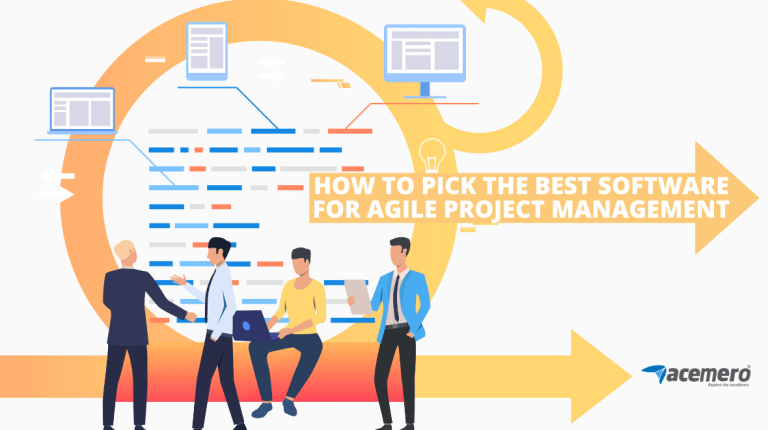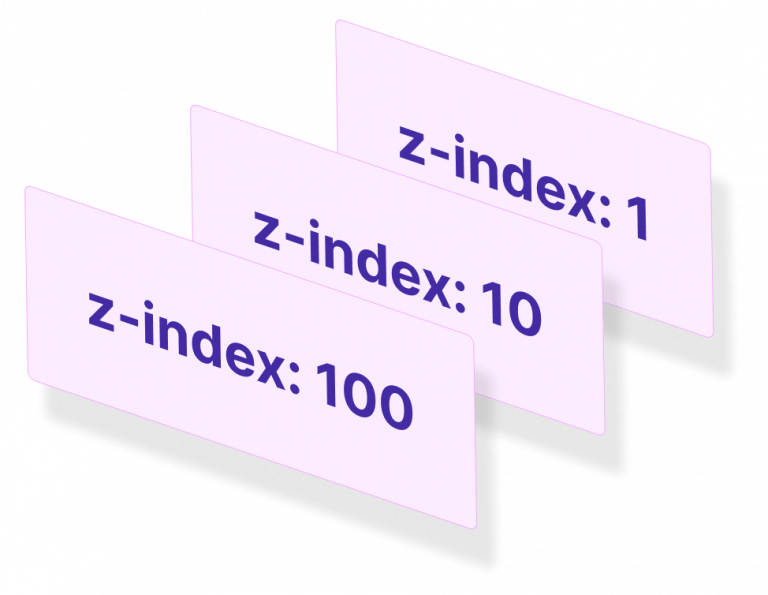ERP application development includes the process of creating enterprise resource planning software for the company.
As you all know, there are different ERP development companies in India. Wait a second. Do you know what ERP stands for? ERP stands for Enterprise Resource Planning.
Enterprise Resource Planning includes the process used by different companies to manage and integrate the important parts of their business.
Let’s go to the next question. Why are we using ERP software? The main reasons for using ERP software are that it increases efficiency and reduces operational costs. increases operational flexibility, etc.
If a company doesn’t implement the ERP system carefully, it will become ineffective there are three types of ERP systems that function on different deployment models.
Cloud ERP
Table of Contents
In cloud enterprises, resource planning systems can access the software from anywhere on the internet. Cloud ERP software is hosted by an ERP vendor.
ERP software provides single-source data by integrating ERP software and it automates essential financial and operational business functions.
Cloud ERP runs on a vendor’s cloud platform. Reports say that the popularity of Cloud ERP is going to increase because of its ability to access and analyze massive amounts of data in real time.
Advantages of using cloud ERP:
- Process streaming
- Customer Satisfaction
- Analytical report
- Low operating cost
- Flexibility
- Security
- High productivity
- All time access
- Process Streaming:
The ERP cloud guarantees that the processes needed to run a business will be brought under a single umbrella. All the information will be available on one platform and easily accessible.
- Customer Satisfaction:
By using ERP software development, the company aims to maintain up-to-date information about the client, so the company can get a picture of the client’s needs and work accordingly to provide customer satisfaction.
- Analytical Report:
Reporting and analysis are two of the advantages of using ERP solutions. ERP provides detailed and real-time reports. It makes stakeholders take the correct decisions.
- Low Operating Cost:
ERP will give great accuracy by cutting operating costs, and this is done by automation of time-taking tasks so this will reduces chances of manual error and redundancy, etc, and ensure the smooth running of tasks.
- Flexibility:
Do you know what ERP flexibility is? ERP flexibility means a system that allows the organization to change, adapt, and grow in a scalable way over time.
- Security:
ERP data security and confidentiality ensure that only those who are authorized can see sensitive information. This is one of the top-notch features introduced by ERP.
- High productivity:
An ERP makes communication easier and results in better productivity because all the data and information from different departments will be on the same platform.
- All-time access:
All-time access means 24/7 access which means the cloud ERP can be accessed from anywhere at any time on any device.
On-premise ERP
On-premise enterprise resource planning software runs in your own location using an in-house server and maintains it at a physical office.
What makes on-premise ERP different from cloud ERP systems is that they do not allow the client user to alter the software in key ways, but the on-premise ERP allows IT staff to improve the software and customize it according to their business needs.
Advantages of using On-premise ERP:
- Easy to customize
- Future for hybrid ERP and cloud ERP
- Limit-on-going cost
- Vendor dependency will be less
- Data control
1. Easy to customize:
On-premise ERP has its own customized solution. Instead of installing a useful application on-premise, ERP will provide you with a customized solution for the app’s efficient operation.
2. Future for hybrid ERP and Cloud ERP:
A solid on-premise ERP base will help you build the foundation of hybrid ERP and cloud ERP.
3. Limit-on-going cost:
Compared to other ERP system types, on-premise ERP has a higher upfront cost. Based on the subscription and support service, the cost of ownership will be low.
4. Vendor dependency will be less:
In on-premise ERP, the vendor dependency will be removed so you can change the aspects you need.
5. Data control:
Data control in on-premise ERP means controlling all types of confidential information about your business, like employee details, supply chain management details, accounting, and other financial expense details, etc
Hybrid ERP
Hybrid ERP is a combination of on-premise ERP and Cloud ERP which to support the company’s needs.
By using hybrid ERP you will get the advantage/benefits of both cloud ERP and on-premise ERP.
Advantages of using Hybrid ERP:
- Low cost
- Complexity less
- Responsive against business needs
1. Low costs:
A hybrid ERP system reduces the implementation cost because the company can operate and control critical business applications, which means it can access real-time data from the cloud.
2. Less complexity:
Hybrid ERP is less complex compared to other ERP system types, in which small units have simple business processes compared to large units, forcing the small unit to adopt the same process as the large unit.
3. Responsive against business needs:
Business groups can select which features they require from a wide range of cloud ERP systems, allowing them to meet their local requirements quickly.
Future of ERP
As long as there is business, the future of ERP will always remain bright. ERP can store a wide variety of data from different computer systems.
We cannot be able to predict the future of ERP, but we can share our thoughts.
- We are able to tell that in the coming years, ERP systems will be more user-friendly, and, using an ERP system, businesses can manage their performance in real life.
- We can say that future ERP can deliver more ERP services over the cloud.
- As a part of ERP, new core business functions may be introduced.
- Data management features and embedded business intelligence are built into ERP.
- Using sensors and other external devices, an ERP transaction can be triggered.
The post A study of ERP system types and the future of ERP appeared first on Acemero Blogs & News | software solution for your business | latest news.
The enterprise resource planning (ERP) system is a powerful tool for businesses to manage their resources, processes, and operations. It is a comprehensive software solution that helps businesses to streamline their operations, improve efficiency, and reduce costs. ERP systems are used in a variety of industries, including manufacturing, retail, healthcare, and finance.
There are several different types of ERP systems available. The most common types are on-premise ERP systems, cloud-based ERP systems, and hybrid ERP systems. On-premise ERP systems are installed on the company’s own servers and require a large upfront investment. Cloud-based ERP systems are hosted on the cloud and offer more flexibility and scalability. Hybrid ERP systems combine the best of both worlds by utilizing both on-premise and cloud-based solutions.
Each type of ERP system has its own advantages and disadvantages. On-premise ERP systems offer more control over data and security, but require a large upfront investment. Cloud-based ERP systems are more cost-effective and offer greater scalability, but may lack the same level of control over data and security. Hybrid ERP systems offer the best of both worlds, but require more complex implementation and maintenance.
The future of enterprise resource planning is bright. As businesses continue to embrace digital transformation, ERP systems will become even more important in helping them manage their resources and operations. With the emergence of new technologies such as artificial intelligence and machine learning, ERP systems will become even more powerful and capable of providing greater insights into business operations.
In addition, the increasing demand for mobile solutions will drive the development of mobile-friendly ERP systems. These systems will enable businesses to access their data from anywhere in the world, providing greater flexibility and convenience.
Overall, the different types of ERP systems available today have a significant impact on the future of enterprise resource planning. By providing businesses with greater control over their resources, processes, and operations, ERP systems will continue to be an invaluable tool for businesses in the years to come.






